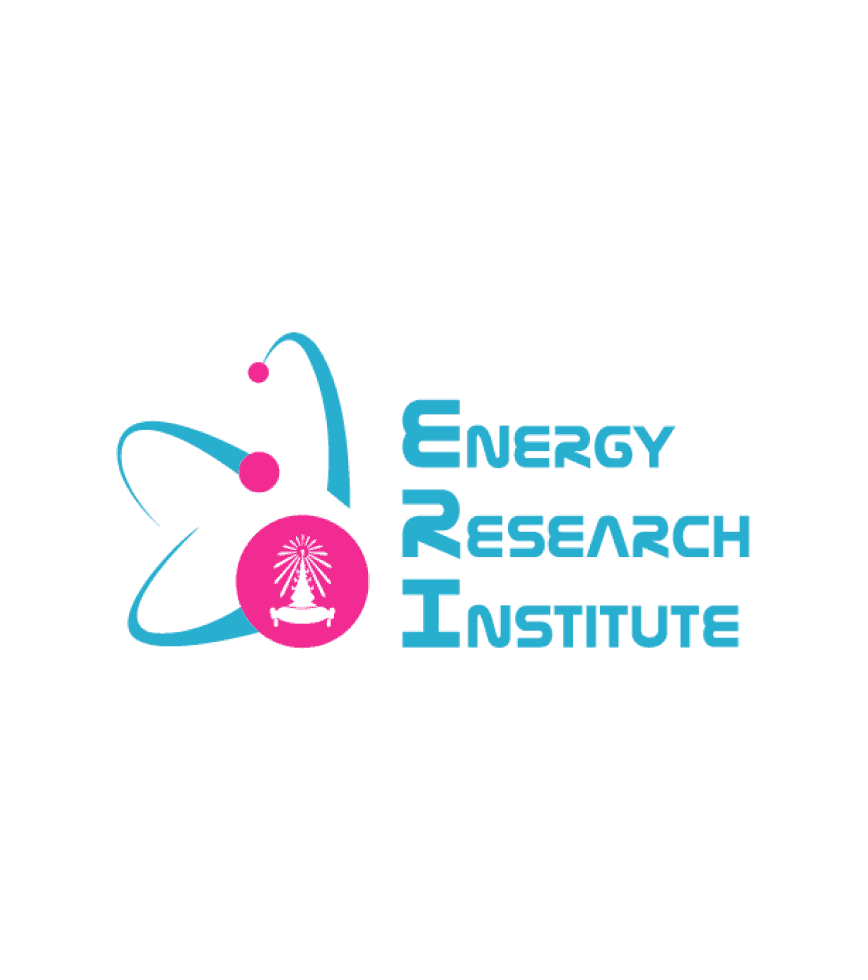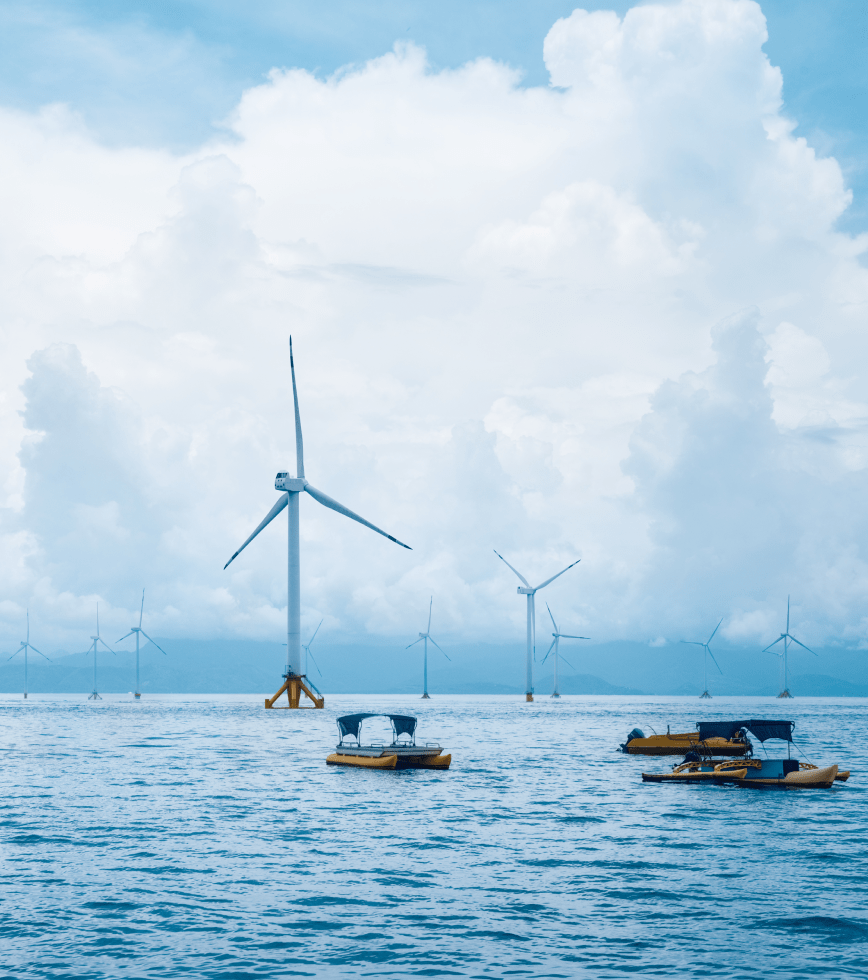ABOUT COUNTRY TEAM

About ERI
Energy Research Institute (ERI)
Energy Research Institute (ERI) is a non-profit research institute established in 1991 and hosted within Chulalongkorn University. The institute is specialized in conducting policy research on energy and environmental issues, as well as provided academic services about energy efficiency, conservation, clean energy, and alternative energy to the public. ERI is leading technical energy research institute with a strong network with key institutions related to energy and the environment, including government agencies, the private sector, and universities, in Thailand and abroad.
About Thailand Development Research Institute (TDRI)

Thailand Development Research Institute (TDRI) is a non-profit, non-government public policy research institute established in 1984. The institute provides technical analysis to various public agencies to help formulate policies to support long-term economic and social development in Thailand. The institute held its mandate to conduct policy research, network extensively with other institutions and individuals engaged in policy research, both in Thailand and abroad; and disseminate its research results to ensure maximum impact on policymaking.
Roles within CASE

ERI will lead CASE’s research activities in Thailand. This includes the process of defining research questions, literature review, stakeholder interview, data gathering, analysis, and report writing. In the context, of the steps described above, ERI commits to closely associate TDRI.
TDRI will lead the communication and policy engagement aspect of CASE in Thailand with the objective to disseminate and transfer evidence developed by the Programme to ensure maximum impact on policymaking. In this context, TDRI commits to closely associate ERI
POLITICAL PARTNER
Energy Policy and Plannning Office or EPPO is a government agency whose mandate is to devise related national policies, strategies, and measures. EPPO plays a key role in the administration of national energy affairs and is responsible for energy administration plans, promotion of energy conservation and alternative energy, as well as prevention fuel shortages over short and long terms. Its roles also cover overseeing, monitoring, and assessing the efficiency and success of national energy policies and plans, as well as strategies and measures. In order to efficiently and successfully drive energy policies, strategies and measures, EPPO has been working through various committees’ mechanisms including National Energy Policy Council (NEPC), Committee on Energy Policy Administration (CEPA), and Energy Conservation Promotion Fund (ENCON Fund) Committee.

As Thailand’s energy planner and formulator of recommended policies, plans, measures, and preventive
As Thailand’s energy planner and formulator of recommended policies, plans, measures, and preventive as well as mitigating measures for fuel shortages, and its monitoring and evaluating agency for energy policy implementation as well as data management, EPPO put forward policies and plans to drive energy operation toward the goals of the 20-year National Strategy. Among these is the preparation of the national power development plan (PDP 2018) to ensure that energy supply and production meet national demand.
EPPO
EPPO is entrusted with the following six missions:
- Recommend energy policies and integrate/review energy management plans of the country;
- Recommend national strategies for energy conservation and alternative energy promotion;
- Recommend measures to solve and prevent oil shortage in both short and long terms;
- Supervise, monitor and evaluate the implementation of national energy policies and energy management plans;
- Administer the Information and Communications Technology (ICT) with regard to energy matters of the country; and
- Enhance EPPO to become a strategic organization.
To pursue the foregoing Vision and Mission, five strategies are laid down:

Strategy 1:
- Formulate energy policies and administer energy planning of the country;
Strategy 2:
- Promote and develop alternative energy and clean energy;
Strategy 3:
- Promote and develop energy conservation and efficient use of energy in all social segments;
Strategy 4:
- Develop the national energy information and communications technology (ICT); and
Strategy 5:
- Strengthen EPPO to become an organization of excellence in energy administration.
